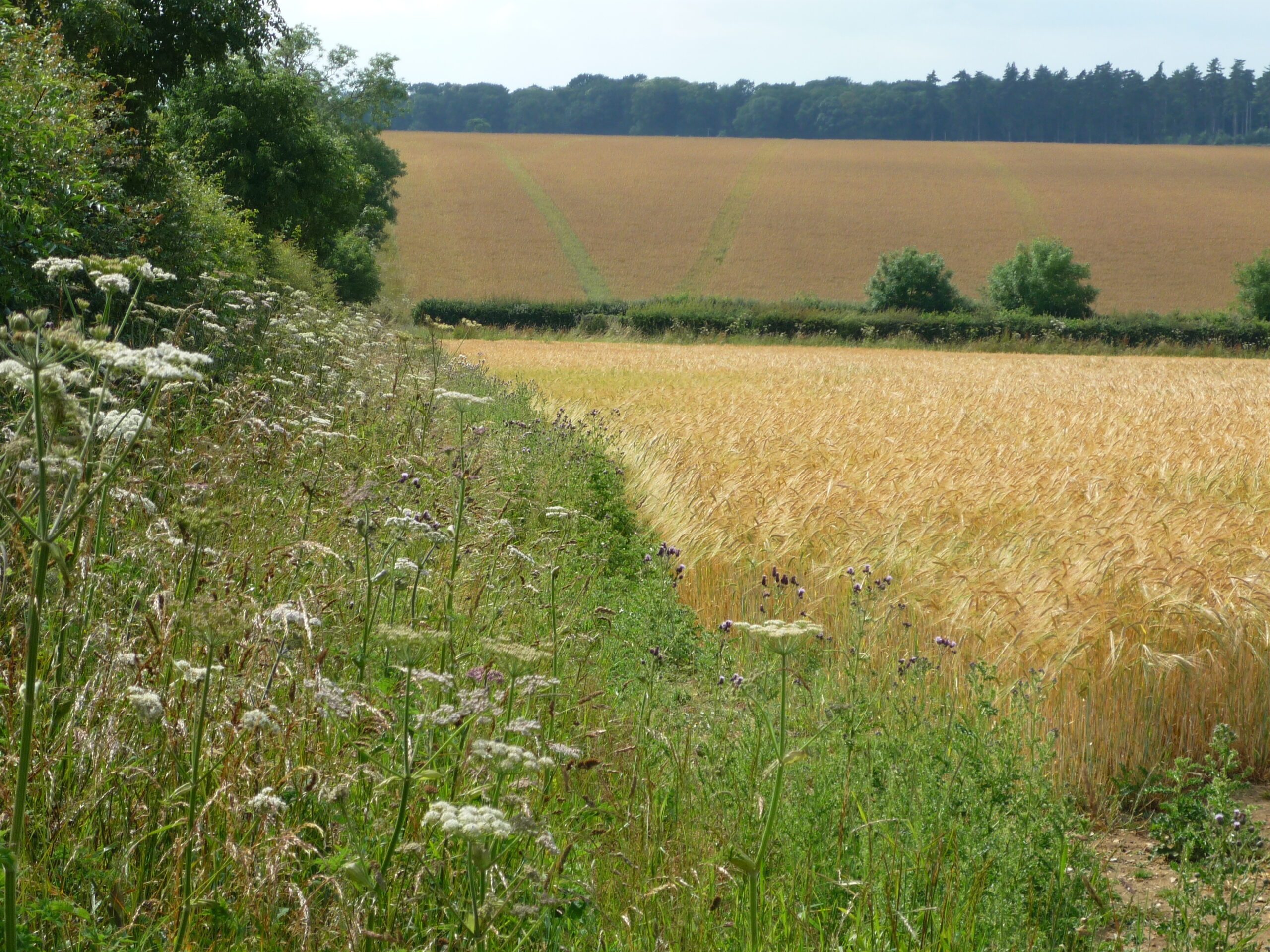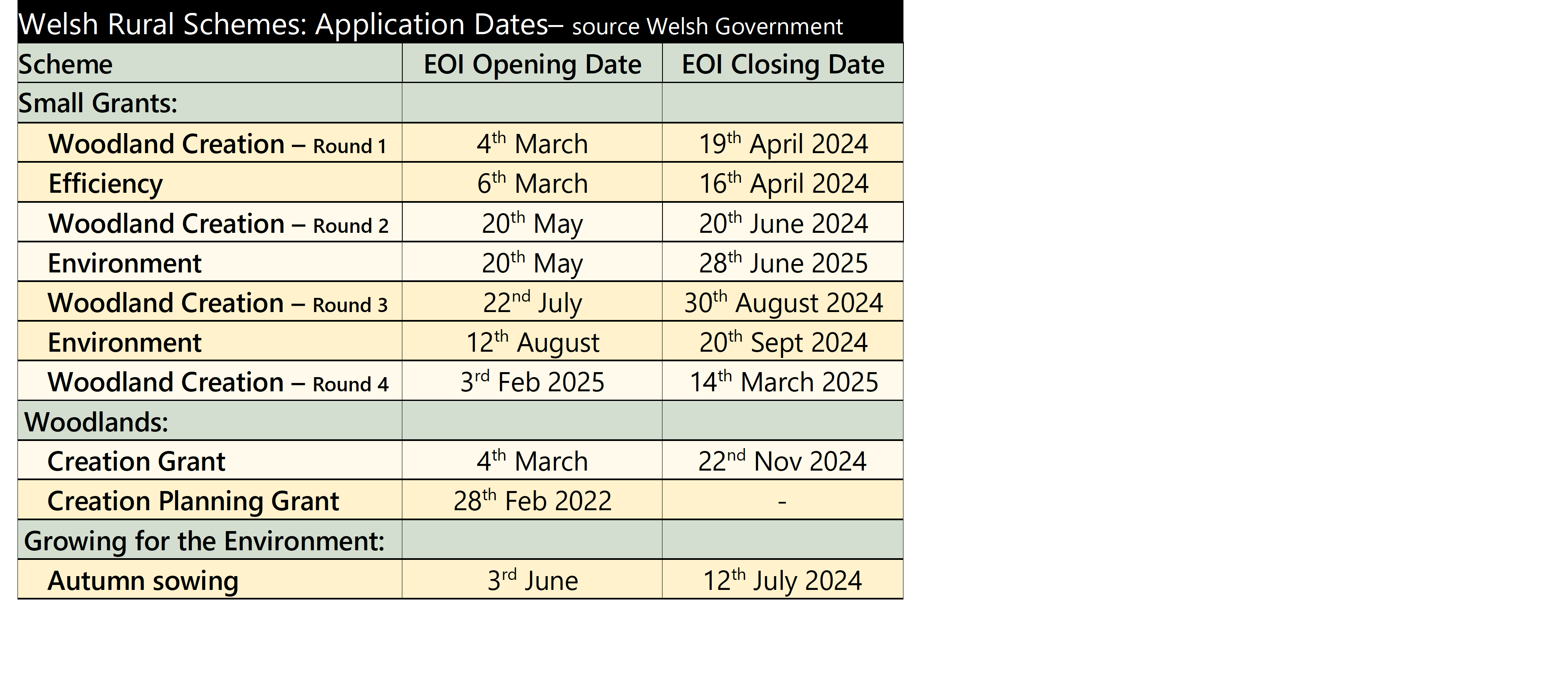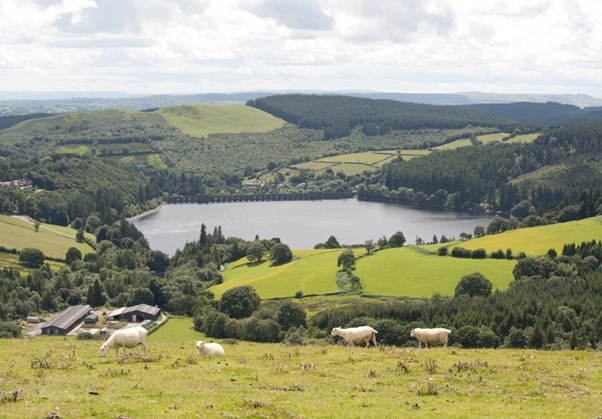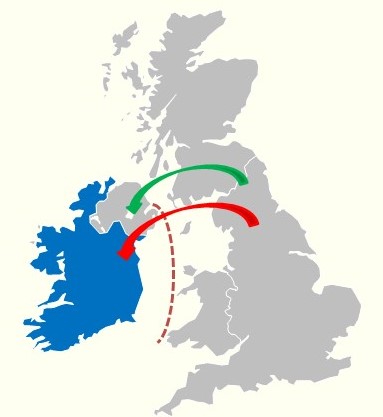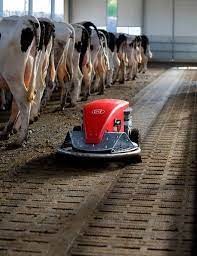Defra has announced that the Farming Equipment and Technology Fund (FETF) will be opening shortly. To help applicants prepare, it has released the guidance for this year’s scheme; this is at https://www.gov.uk/government/publications/farming-equipment-and-technology-fund-2024/apply-for-the-farming-equipment-and-technology-fund-fetf-2024.
Scheme Rules
To re-cap, the FETF provides funding towards items that have been pre-identified by Defra to help improve the sustainability and productivity of farm businesses. Applicants are able to ‘choose’ from a set list of available items. This year funding is available under three ‘themes’ and applicants can apply under each theme;
- Productivity – grants of between £1,000 and £50,000
- Slurry management – grants of between £1,000 and £50,000
- Animal health and welfare – grants of between £1,000 and £25,000
Defra aims to have three rounds open in 2024 and it seems that each theme will be available in every application window. Applicants can, if they wish, apply under all three themes in a single application window, but will only be able to apply for a grant once under each theme in 2024 – i.e if you apply for a productivity grant in the first window, and are successful, it will not be possible to apply for another productivity grant in 2024. The scheme is competitive and each application is scored, some applications may not receive all or any of the funding asked for.
The amount of grant and the way it is calculated has changed slightly this year. The RPA has calculated an expected average cost for each item, based on costs from a cross-section of suppliers. It will pay successful applicants a grant amount of either 50% or 60% (an increase from 40% last year), depending on the item, based on the lower of these two figures;
- the average cost of the item – if an item costs the same or more than the expected average cost in the item lists, or
- the actual cost paid for the item – if an item costs less than the expected average cost in the item lists (this was not the case in previous years; if an item cost less than the average cost, successful applicants still received the set grant based on the average cost of an item)
Applications this year will be via a new online Farming Investment Fund application service. This is separate to the Rural Payments service and will require a new registration when the service is launched. Applications to more than one theme will need to be submited seaparately.
Productivity Theme
In 2024 farmers, foresters, contractors and horticulturalists can apply for 85 different items of productivity equipment this includes 24 new items such as:
- tractor powered electric desiccator for weed and plant control
- combine mounted weed seed reduction system
- drone for spraying whitewash on to glasshouses
- closed transfer system for sprayers for containers
- solar powered water pump
- mobile tractor powered livestock total feed ration mixer
- forestry harvesting head with bark stripping
Popular items from previous rounds remain available including direct drill with fertiliser placement, robotic silage pusher, robotic drill and guided hoe, inter row hoes and weeders, camera guided inter row sprayers, rainwater harvesting tanks and automatic tree planter,
The full list of items available under the Productivity theme, including specificaton and grant aid can be found at https://www.gov.uk/government/publications/farming-equipment-and-technology-fund-2024/productivity-items-and-specifications-farming-equipment-and-technology-fund-fetf-2024.
Slurry Management Theme
There are now 17 different items of slurry equipment to help improve the collection and spreading of slurry. Following feedback from farmers, Defra has widened the specification for slurry separators to allow screw press, screen press and mobile separators. Popular items of slurry equipment that continue to be eligible for a grant include robotic slurry collectors, flow rate monitoring equipment and low emission slurry spreaders, such as dribble bars.
The full list of items available under the Slurry Management theme can be found at https://www.gov.uk/government/publications/farming-equipment-and-technology-fund-2024/slurry-items-and-specifications-farming-equipment-and-technology-fund-fetf-2024.
Animal Health & Welfare Theme
There are more than 130 animal health & welfare items available in 2024, including 29 new items. These are available to commercial farmers who keep pigs, sheep, dairy and beef cattle and layer and broiler chickens. Applications for animal health & welfare items are scored on their contribution towards the Animal Health and Welfare Pathway priorities. This year, it is possible for livestock keepers to increase their application score by 20% if they can show evidence that the items being applied for have been selected in conjunction with their vet. Keepers are reminded that they can get an Annual Health and Welfare review to have these types of discussions with their vets, for more information see https://www.gov.uk/guidance/sfi-annual-health-and-welfare-review.
The full list of items available under the Animal Health and Welfare theme, including specificaton and grant aid can be found at https://www.gov.uk/government/publications/farming-equipment-and-technology-fund-2024/animal-health-and-welfare-items-and-specifications-farming-equipment-and-technology-fund-fetf-2024.
